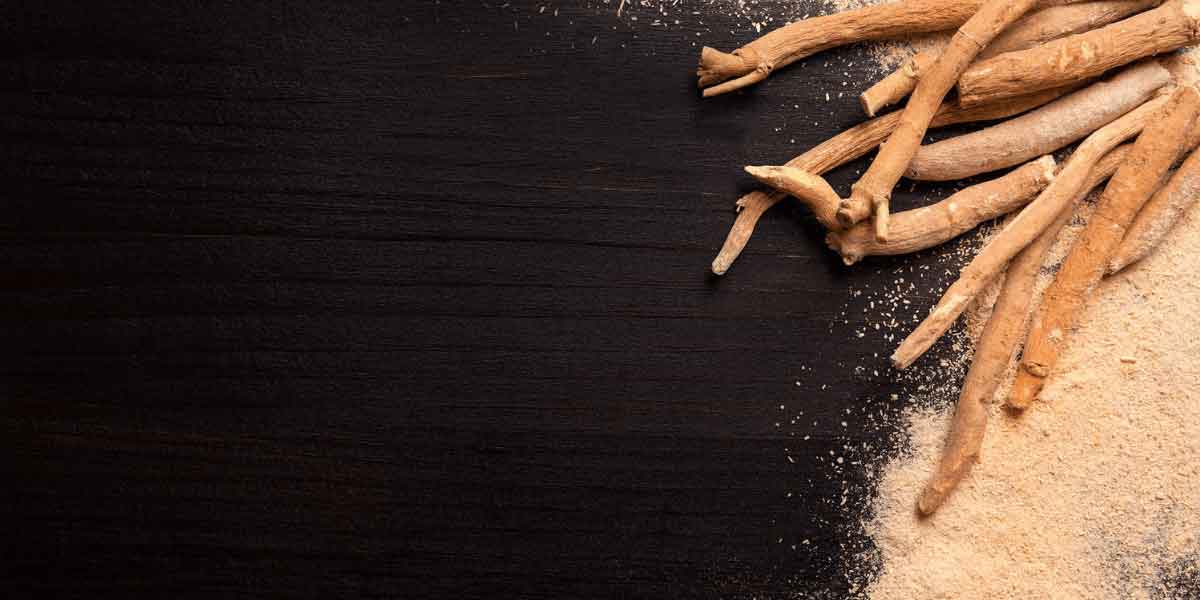
If you have not heard of Ashwagandha yet, a quick look at its profile can prompt the initial impression, Wow, one plant has that many benefits! And yes, Ashwangandha has been used in India and Africa for more than 3,000 years and is considered a very powerful ‘rejuvenating’ herb. Its range of health benefits can go all the way from relieving the negative effects of stress, alleviating insomnia, reducing arthritis pain, slowing the progression of cancer to treating fevers, constipation, skin conditions and even snake bites. Here we talk about many of its benefits.
It translates from Sanskrit into English as ‘the smell of a horse’, making reference to its potent aroma but also to the vigor and vitality it can give us.[1] Nowadays, you will find it sold as a supplement, either in pills, powder or tea. Yoga centers and biostores promote it as a hormone balancer, adaptogen, nootropic, and a natural energy booster.
So let’s back up one minute and consider that this is possibly too good to be true. Any Ayurvedic text about medical plants will always warn you and have a section on ‘contraindications’. Here we discuss the side effects of Ashwagandha and comment on the safety of this seemingly super plant so you can consume it safely. It is recommended you are careful if you are going or will be going through the following conditions:
- Pregnancy and breastfeeding
- Low or high blood pressure
- Thyroid problems
- Surgery (anesthesia)
- Stomach ulcers
- Diabetes
- Rheumatoid arthritis, lupus and other autoimmune diseases
Pregnancy
Research on whether to take Ashwagandha during pregnancy or not is mixed. It has been classified as an abortifacient, meaning it can induce abortion but it has also been recorded in some texts as useful in preventing miscarriages.[2] Sloan Kettering Memorial Cancer Center suggested that the nicotine in this herb stimulates the uterus and can induce abortion.[3] On the other hand, another study on rats found that there were no fetal abnormalities, nor change in growth nor mortality in the group that orally consumed Ashwagandha.[4]
It comes down to dosage. In the case of a pregnant woman, this nootropic can be good for combating fatigue. You might already be taking this supplement for other health benefits as well. If you choose to continue taking Ashwagandha during pregnancy, try to reduce the quantity you take. It is also smart to consult with an expert. An amount that is suggested averages between half a teaspoon and a teaspoon per day.[5]
Breastfeeding
After birth, you should also avoid or reduce the amount of Ashwagandha you consume. Since your baby’s nutrients rely 100% on your milk for the first six months of his or her life, you should consider carefully the intake of this herb. Again, research findings are not strict to one side or the other. It still tries to warn us about the consequences when we take it in big amounts. While some recommend it can help alleviate stress and fatigue experienced by mothers during this period,[6] there are others that simply say no, advicing it is a dangerous and powerful herb that alters hormone levels and should not be taken during this time.[7]
Consider not taking it, or maybe lowering the dose if you are already an avid Ashwagandha consumer!
Low or high blood pressure
Whether you have high or low blood pressure, Ashwagandha is rumored to decrease blood pressure. In a study, they found that it increased the heart’s power, velocity and the maximum amount of oxygen it can pump. Combined with another root, Terminalia arjuna, it lowered blood pressure. The subjects were young and the idea was to show the benefits for the cardiovascular and muscular system.[8] There is no clinical confirmation of Ashwagandha strictly lowering the blood pressure of subjects, yet Ayurvedic texts have been suggesting it for treating hypertension for centuries. The possible explanation for the herb’s capacity to bring blood pressure down is its ability to lower the stress hormone cortisol. The idea is that if your stress and anxiety are reduced, which is one of the main effects this supplement is sought out for, your heart and cardiovascular system will also be ‘relaxed’.[9]
Take into account that this blood pressure decrease affects both people with high and low blood pressure. If you have high BP, Ashwagandha is a good choice of treatment. This adaptogen is used for the exact purpose of reducing stress, which in the cardiovascular system will be reflected as a lower blood pressure. The problem comes because it can interfere with other treatments. If you are taking other supplements or medicine to reduce your blood pressure, you must be careful with mixing them.[10]
On the other hand, if you have low blood pressure, consider stopping for a few weeks. If you already have a low BP, and continue taking Ashwagandha, it can go lower. If blood pressure is at a very low and dangerous level, it can manifest as the following symptoms: fatigue, nausea, loss of concentration, dizziness and blurred vision.[11]
Thyroid problems
Once more, because Ashwagandha is praised and used as a stress and anxiety moderator, thyroid symptoms can potentially be treated with this root. It can reduce cortisol levels, enhance your mood, and regulate other hormones such as estrogen and progesterone.[12] If you have hypothyroidism, you underproduce thyroid hormones, while with hyperthyroidism, you overproduce these. A study showed how Ashwagandha root extract stimulated thyroid activity in mice. The researchers observed an increase in the hormone T3 and T4 in male mice.[13] Ashwagandha can cause an overstimulation. By increasing the levels of such hormones, it also increases and exacerbate symptoms like fatigue, insomnia, heightened appetite, diarrhea and restlessness. It is best to avoid this nootropic if you have hyperthyroidism.
Surgery: Ashwagandha May Increase Chance of Bleeding
Ginsenoside, one of the active compounds in this plant, can interact with anticoagulants, corticosteroids and other pharmaceuticals that may be used during or before surgery. It can even increase the chance of bleeding during and after surgery.[14] What is usually recommended is that you stop taking the supplement (or reduce the amount) two to three weeks before surgery so your system is clear. Always talk about it with your main physician and surgeon. If you are planning on having a surgery involving anesthesia, you should lower the dosage or completely stop consuming Ashwagandha. Ashwagandha has several effects on the central nervous system,[15] because of some of these, it can have adverse consequences during surgery.
Stomach Ulcers and GI Tract
This root is said to be a bit harsh on your stomach and the rest of your gastrointestinal tract. If you have stomach ulcers, you should be mindful about its consumption.[16] When taken in higher doses, Ashwagandha can worsen the irritation in your stomach and trigger other symptoms like vomiting and diarrhea.[17] The leaf powder and root has been noted to give a gassy or full sensation to people with stomach sensitivity.[18]
Despite these warnings, clinical trials have found that pretreatment with Ashwagandha can actually protect the body against gastric ulcers induced by stress.[19] Another study researched how the active components in Withania somnifera (scientific name) can mitigate the effects that a specific type of bacteria has on peptic ulcers, gastritis and gastric cancer. They found that this plant’s chemicals can inhibit the effect of these bacteria, making it a potential therapy for prevention of gastric cancer.[20] The benefits that the root of Ashwagandha brings can be helpful when treating digestive issues.
The problem and side effect we all need to be aware of is that taken in large doses, it can be harmful for the stomach and digestive tract. The best idea is to measure how much you are consuming and how much your body can tolerate.
Resources
- Ashwagandha’s Ancient History and Enduring Power – DailyNutra. (2019). Retrieved from https://www.dailynutra.com/blog/ashwagandha-ancient-history/
- Romm, A., Hardy, M., & Mills, S. (2010). Botanical medicine for women’s health. Elsevier.
- Tarr Kent, L. (2019). Ashwagandha & Pregnancy | Livestrong.com. Retrieved from https://www.livestrong.com/article/285701-ashwagandha-pregnancy/
- Prabu, P., & Panchapakesan, S. (2014). Prenatal developmental toxicity evaluation ofWithania somniferaroot extract in Wistar rats. Drug And Chemical Toxicology, 38(1), 50-56.
- Achwal, A. (2019). Is It Safe to Take Ashwagandha during Pregnancy?. Retrieved from https://parenting.firstcry.com/articles/can-you-take-ashwagandha-during-pregnancy/
- Simpson, A. (2019). 12 Best Foods for Breastfeeding Moms 12 Best Foods for Breastfeeding Moms. Retrieved from https://www.parents.com/baby/breastfeeding/breast-milk/12-superfoods-for-breastfeeding-moms/
- Mensah, A. (2016). Ashwagandha Dangers: This Herbal Remedy may have Repercussions. Retrieved from http://www.mensahmedical.com/ashwagandha-dangers/
- Sandhu, J., Shah, B., Shenoy, S., Padhi, M., Chauhan, S., & Lavekar, G. (2010). Effects of Withania somnifera (Ashwagandha) and Terminalia arjuna (Arjuna) on physical performance and cardiorespiratory endurance in healthy young adults. International Journal Of Ayurveda Research, 1(3), 144.
- How and Why You Should Try Ashwagandha for High Blood Pressure – DailyNutra. (2019). Retrieved from https://www.dailynutra.com/blog/ashwagandha-blood-pressure/
- Ashwagandha Effectiveness, Safety, and Drug Interactions on RxList. (2019). Retrieved from https://www.rxlist.com/ashwagandha/supplements.htm
- Low blood pressure (hypotension) – Symptoms and causes. (2019). Retrieved from https://www.mayoclinic.org/diseases-conditions/low-blood-pressure/symptoms-causes/syc-20355465
- The Truth About Ashwagandha Thyroid Benefits – ThyroMate. (2019). Retrieved from https://www.thyromate.com/blog/the-truth-about-ashwagandha-thyroid-benefits
- Panda, S., & Kar, A. (1998). Changes in Thyroid Hormone Concentrations after Administration of Ashwagandha Root Extract to Adult Male Mice. Journal Of Pharmacy And Pharmacology, 50(9), 1065-1068.
- Pradhan, S., & Pradhan, P. (2011). Ayurvedic medicine and anaesthesia. Indian Journal Of Anaesthesia, 55(4), 334.
- Candelario, M., Cuellar, E., Reyes-Ruiz, J., Darabedian, N., Feimeng, Z., & Miledi, R. et al. (2015). Direct evidence for GABAergic activity of Withania somnifera on mammalian ionotropic GABAA and GABAρ receptors. Journal Of Ethnopharmacology, 171, 264-272. doi: 10.1016/j.jep.2015.05.058
- Mensah, A. (2019). Ashwagandha Dangers: This Herbal Remedy may have Repercussions. Retrieved from http://www.mensahmedical.com/ashwagandha-dangers/
- Tarr, L. (2019). Ashwagandha Liver Side Effects Contraindications | Livestrong.com. Retrieved from https://www.livestrong.com/article/519744-ashwagandha-liver-side-effects-contraindications/
- Sharma, H. (2008). 5 Side-effects of Ashwagandha you need to know. Retrieved from https://www.onlymyhealth.com/side-effects-ashwagandha-1317705629
- Singh, N., Bhalla, M., De Jager, P., & Gilca, M. (2011). An Overview on Ashwagandha: A Rasayana (Rejuvenator) of Ayurveda. African Journal Of Traditional, Complementary And Alternative Medicines, 8(5S). doi: 10.4314/ajtcam.v8i5s.9
- Kim, J., Lee, J., Kang, M., Jeong, Y., Choi, J., & Oh, S. et al. (2015). Withaferin A Inhibits Helicobacter pylori-induced Production of IL-1β in Dendritic Cells by Regulating NF-κB and NLRP3 Inflammasome Activation. Immune Network, 15(6), 269. doi: 10.4110/in.2015.15.6.269
- Andallu B, Radhika B. (2000) Hypoglycemic, diuretic and hypocholesterolemic effect of Winter cherry (Withania somnifera, Dunal) root. Indian J Exp Biol, 38(6), 607–609.
- Ashwagandha Effectiveness, Safety, and Drug Interactions on RxList. (2019). Retrieved from https://www.rxlist.com/ashwagandha/supplements.htm
- Hypoglycemia (Low Blood Glucose). (2019). Retrieved from http://www.diabetes.org/living-with-diabetes/treatment-and-care/blood-glucose-control/hypoglycemia-low-blood.html
- Uddin, R. (2019). Who Should Not Take Ashwagandha? | Livestrong.com. Retrieved from https://www.livestrong.com/article/392474-who-should-not-take-ashwagandha/
- Cole, W. (2019). All About Ashwagandha: The Wellness World’s Most-Loved Adaptogen | Dr. Will Cole. Retrieved from https://drwillcole.com/all-about-ashwagandha-the-wellness-worlds-most-loved-adaptogen/
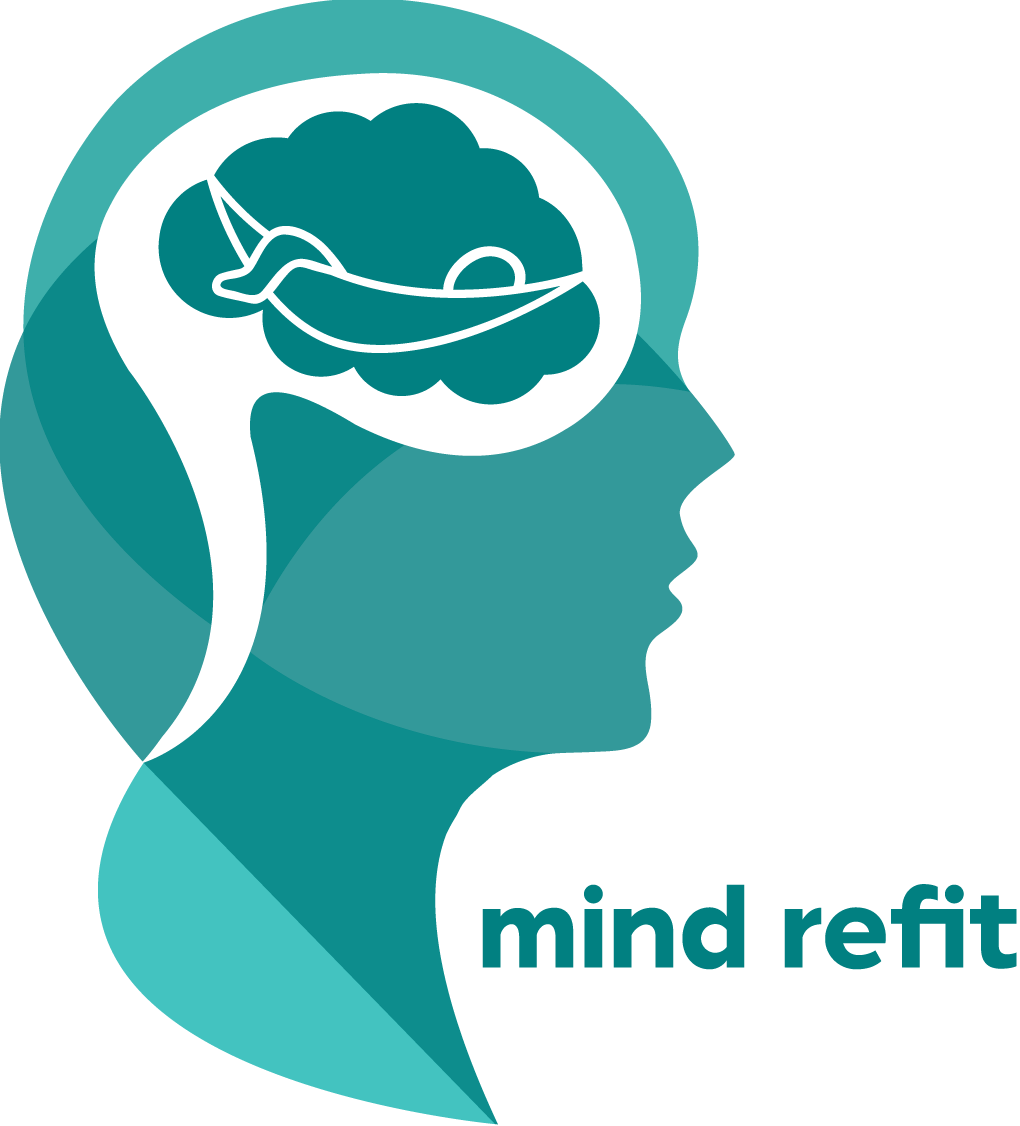
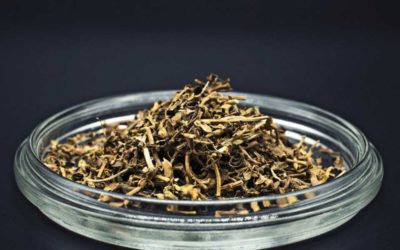
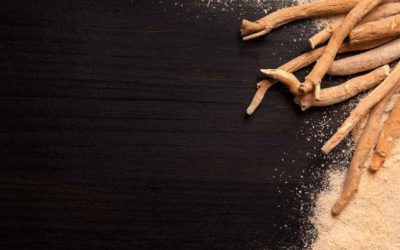
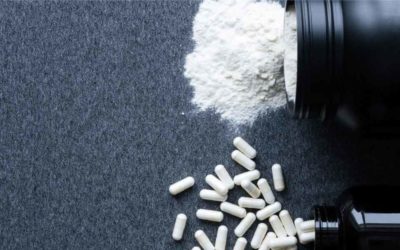
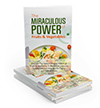
Sir/Madam,
I have low BP 88/60 but I have no any symptoms of Low BP. I have anxiety and sleep problems especially during my exam time. Now I have exam for 7 days and to sleep I bought Ashwagandha powder. Should I use it as I have low BP.? But only for 7 days. And I bought Vitamin B capsule also for my BP maintain. Will ashwagandha react to Vitamin B Capsule? Please suggest what to do? I cannot sleep with worry that ashwagandha might even lower my BP.
Hi Ashmita,
Since you have low BP, I’d suggest you refrain from taking Ashwagandha. Although you have no symptoms at the moment, that may change if your BP reduces further. Vitamin B is great for stress relief and can also help you relax. It may be best for you to consider other alternatives (beside ashwagandha) to help you with sleep. I don’t know if what you have is insomnia, but you may find this article helpful:
https://www.mindrefit.com/medical-and-alternative-treatments-for-insomnia/